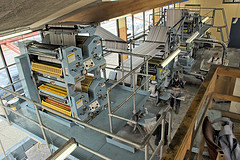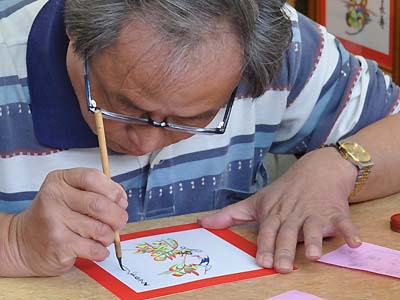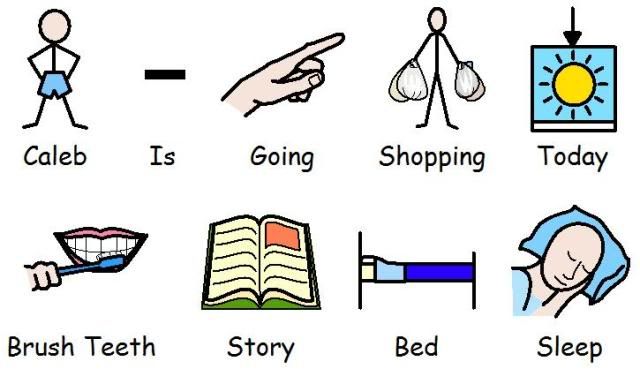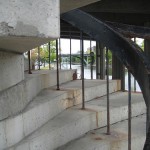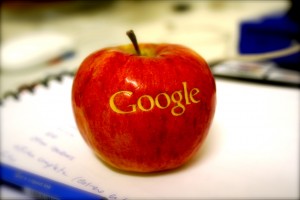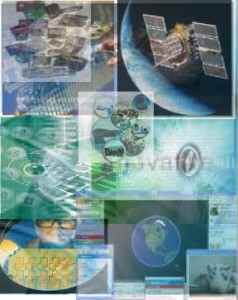Here is the abstract of my final paper and a link to both a podcast and a print version.
Abstract:
The New London Group (1996) starts their discussion of multi-literacy by presenting the needs of future citizens in the work place of tomorrow. They argue that to engage and negotiate critically with a working environment, students need to have multi-literacy skills or the ability to communicate meaning through a variety of mediums. Students also need to participate in literacy activities as members of communities; they need to be able to discern meaning from multiple media sources and produce meaning using these “new media.” The change in participation and literacy is in part because hypertext, the Internet, and associated applications have changed the way knowledge is created and presented.
The author is no longer the authority. As we all become authors of a collective knowledge the authority of knowledge is no longer clear, print is no longer associated with truth as it may once have been. Knowledge is created changed and rework, represented mixed and fed in to what is becoming known as a participatory media culture. The following is both a historical and modern understanding of how western society has understood the transmission of knowledge and how the transformation of the transmission has changed what it means to be educated or knowledgeable.
